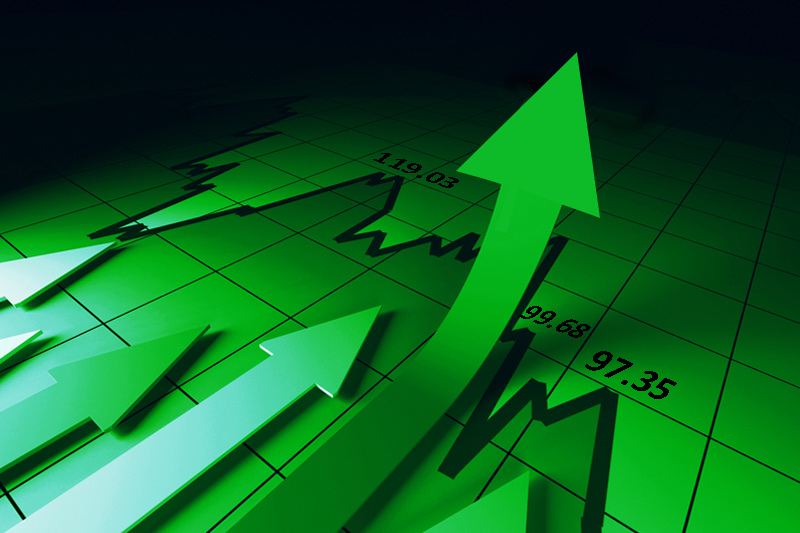Investing.com – The euro extended gains against the U.S. dollar on Tuesday, shrugging off weak German industrial production data after China raised interest rates for the second time in just over a month.
EUR/USD hit 1.3666 during European late morning trade, the pair’s highest since Friday; the pair subsequently consolidated at 1.366, gaining 0.57%.
The pair was likely to find support at 1.3573, the days low and resistance at 1.3824, the high of February 3.
The euro’s gains came as China's monetary tightening did little to immediately change the favorable outlook for global growth this year.
Earlier in the day, official data showed that German industrial production fell in December for the second time in as many months as unusually harsh winter weather hit the construction industry.
Industrial production fell a seasonally adjusted 1.5% in December from November, greater than the 0.3% drop economists expected. That followed a revised 0.6% monthly drop in November and the release of data Monday showing that manufacturing orders fell 3.4% in December.
The euro was also up against the pound, with EUR/GBP rising 0.49% to hit 0.8472.
Late Monday, European Central Bank Governing Council member Yves Mersch said the ECB could raise interest rates to contain inflation even before it exited measures to support liquidity in the euro zone.
Mersch said inflationary pressures were undoubtedly increasing, mainly due to rising commodity prices, against which the ECB was powerless to act.
EUR/USD hit 1.3666 during European late morning trade, the pair’s highest since Friday; the pair subsequently consolidated at 1.366, gaining 0.57%.
The pair was likely to find support at 1.3573, the days low and resistance at 1.3824, the high of February 3.
The euro’s gains came as China's monetary tightening did little to immediately change the favorable outlook for global growth this year.
Earlier in the day, official data showed that German industrial production fell in December for the second time in as many months as unusually harsh winter weather hit the construction industry.
Industrial production fell a seasonally adjusted 1.5% in December from November, greater than the 0.3% drop economists expected. That followed a revised 0.6% monthly drop in November and the release of data Monday showing that manufacturing orders fell 3.4% in December.
The euro was also up against the pound, with EUR/GBP rising 0.49% to hit 0.8472.
Late Monday, European Central Bank Governing Council member Yves Mersch said the ECB could raise interest rates to contain inflation even before it exited measures to support liquidity in the euro zone.
Mersch said inflationary pressures were undoubtedly increasing, mainly due to rising commodity prices, against which the ECB was powerless to act.
